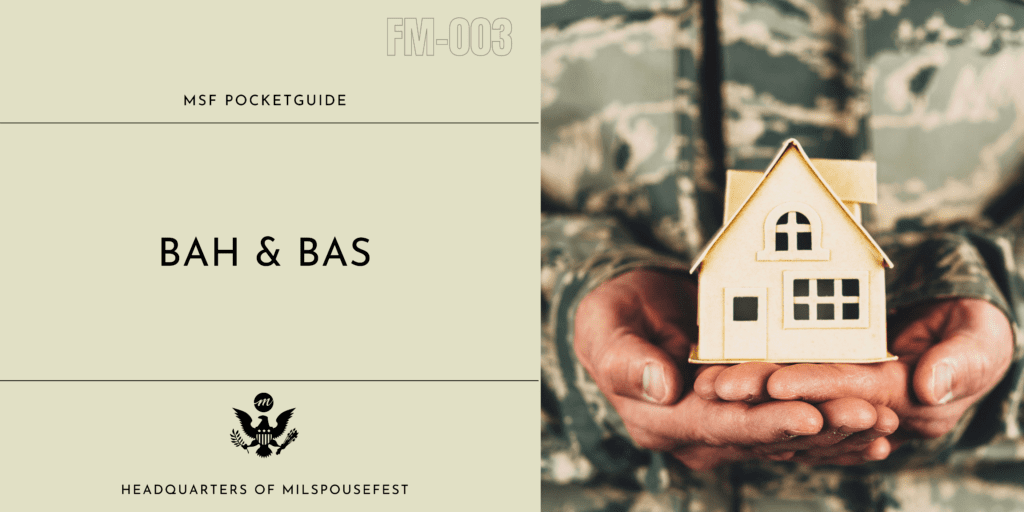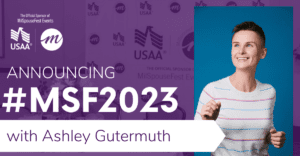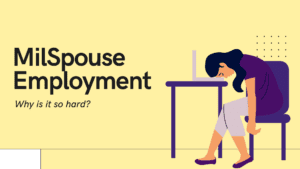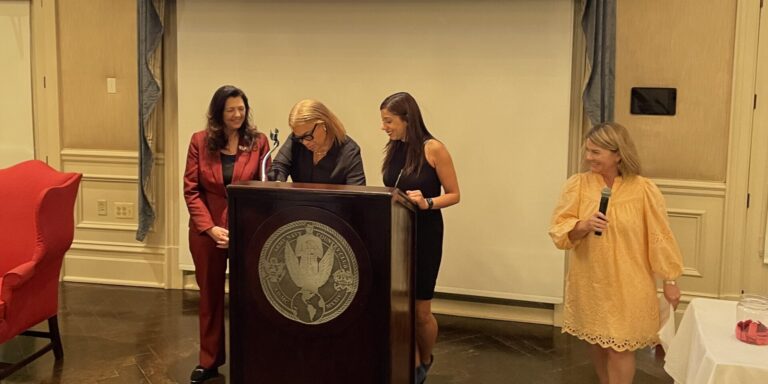While we have discussed allowances and military pay in a previous MSF Pocket Guide, we didn’t go into depth into Basic Allowance for Subsistence (BAS) and Basic Allowance for Housing (BAH). In this edition, we will dive into the most important allowances in military pay.
Basic Allowance for Subsistence
BAS is meant to offset costs for a service member’s meals. This allowance is based on the historic origins of the military in which the military provided room and board (or rations) as part of a member’s pay. According to this website, BAS for 2021 was calculated at $386.50 per month for enlisted and $266.18 per month for officers. BAS is non-taxable and it is not tied to the variables of pay grade or dependent status. Each year the allowance is adjusted based upon the increase of the price of food as measured by the USDA food cost index.
On top of enlisted and officer levels of the allowance, there is a third tier. BAS II is the monthly rate that may be payable to enlisted members on duty at a permanent station and assigned to single (unaccompanied) Government quarters, which do not have adequate food storage or preparation facilities, and where a Government mess is not available, and the Government cannot otherwise make meals available. The BAS II rate is twice the rate of standard enlisted BAS, with the rate of $773.00 for 2021.
BAS is not intended to offset the costs of meals for family members, but rather it is intended to provide meals for the individual service member.
Basic Allowance for Housing
BAH is an allowance to offset the cost of housing when you do not receive government-provided housing on an installation. Your BAH amount depends upon your location, pay grade and whether you have dependents.
BAH rates are set by surveying the cost of rental properties in each geographic location. Therefore, BAH rates in high-cost areas will be much greater than those in low-cost areas. You can use this link to calculate how much BAH you can receive. BAH is meant to cover rent and utilities (water, gas, and/or electric), and not internet or cable.
Keep in mind that BAH is based on rental data, therefore a homeowner’s monthly mortgage payment is not used in the computation. This is because a mortgage rate is not a good indicator of the economic cost of home ownership. New data on rental property is collected annually in the spring and summer months, which is when housing markets are most active.
In September 2021, the DOD temporarily increased the 2021 BAH rates for 56 housing markets. The increased rates are available now until December 31, 2021. Rental housing market data collected earlier in the year indicated that COVID-19 had a significant impact on rental housing costs. You can find the list of locations approved for increased rates here.
Overseas Housing Allowance
OHA enables military members assigned overseas to privately lease housing in the surrounding area of an overseas duty location. This allowance is available to those who cannot secure government leased housing that is not available at the duty station. You can calculate OHA here.
There are three components to OHA:
- Rental Allowances: these are computed using actual rent payments as reported by local financial systems, and the maximum rental allowances are set so that 80% of members with dependents have rent fully reimbursed
- Utility/REcurring Maintenance Allowance: a monthly payment to defray expenses paid directly to utility companies and expenses incurred from recurring maintenance and minor repairs for the residence. Members with utilities paid by the landlord do not receive this allowance, however it is added to the rental allowance
- Move-in Housing Allowance (MIHA): this partially defrays move-in costs associated with occupying privately leased rentals. There are three components to MIHA:
- MIHA/Miscellaneous which is an up front lump sum that reflects the average expenses to make dwellings habitable.
- MIHA/Rent is a dollar-for-dollar reimbursement made in the field for customary or legally required up-front rental related expenses
- MIHA/Security is a reimbursement made for security related enhancements to the dwelling when changes must be made to minimize exposure to threats
More Resources on BAH and BAS
You can find more information on finances involving living expenses with the following resources:
